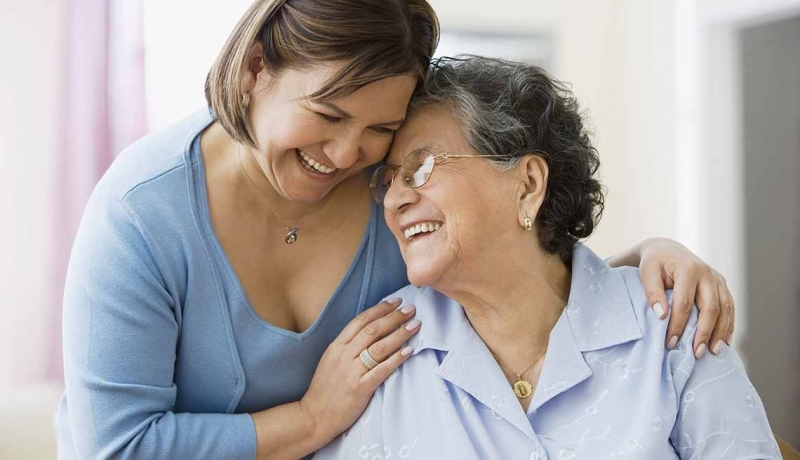The Health and Role of the Caregiver

If you are a caregiver for someone with epilepsy, you know that the role requires many skills and can be both rewarding and never ending. Caregivers may be partners, parents, children, siblings, relatives or friends of those living with epilepsy. For caregivers, their loved one’s well being is their primary concern, however, it is important for caregivers to be mindful of their own health as well.
What Do Caregivers Do?
The ways in which a caregiver supports a loved one include:
- Learning about the different types of seizures so that they can be identified and thereby keeping them safe during a seizure
- Obtaining medical attention, or administering first aid or emergency medication
- Helping them manage a medication schedule or other methods of treatment
- Taking note of seizure triggers or patterns, especially if recall is not clear
- Providing physical and/or emotional support
- Providing safe transportation
- Attending appointments and helping to fill in gaps in medical and seizure history where appropriate; acting as an advocate or representative
- Helping them adapt their home or lifestyle to provide a safe living environment
- Accompanying them in activities where there may be a risk of danger, such as hiking or swimming
The Health of the Caregiver
It is important for the caregiver to prioritize their own health, as you will only have the capacity to care for others when you are well yourself. Though many caregivers would do almost anything to ensure that their loved ones are taken care of, their own needs or wishes may be lost in the process, as the focus is usually on someone else. Furthermore, caregiver tasks are often juggled in conjunction with other responsibilities, such as employment, caring for other family members, financial demands, other relationships, etc., which may result in strain in other aspects of the caregivers’ life.
As time passes, the condition of the person living with epilepsy may change, which may result in more or less resources required from the caregiver. The ability of the caregiver to give support may also change with time, as the caregiver may have to invest more time in another responsibility, or the caregiver’s own health may change. In addition, you may become the caregiver to another person, extending your resources even further.
Whatever the circumstances are, it is of vital importance to take care of yourself as a caregiver. As a caregiver, you may experience feelings of isolation, frustration, guilt, helplessness, anxiety and exhaustion. Some caregivers have given up personal opportunities or income to care for a loved one. Know that these feelings are perfectly normal and common. You may find it helpful to share with your own social supports or through professional avenues, such as a doctor, therapist or counsellor. Some may also find speaking with support groups beneficial, especially if you can connect with someone going through similar experiences. Finally, part of taking care of yourself means taking time for yourself, doing things you enjoy and that contribute to your own development and well-being.
For practical tips for caregivers, please see our Information Sheets and brochures.
For BC Epilepsy Society services, such as support groups, please go to Programs.
For financial supports offered to caregivers by the Government of Canada, please visit their webpage.





